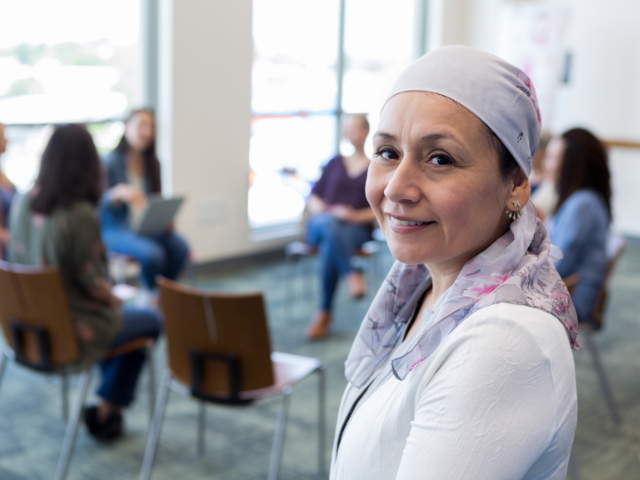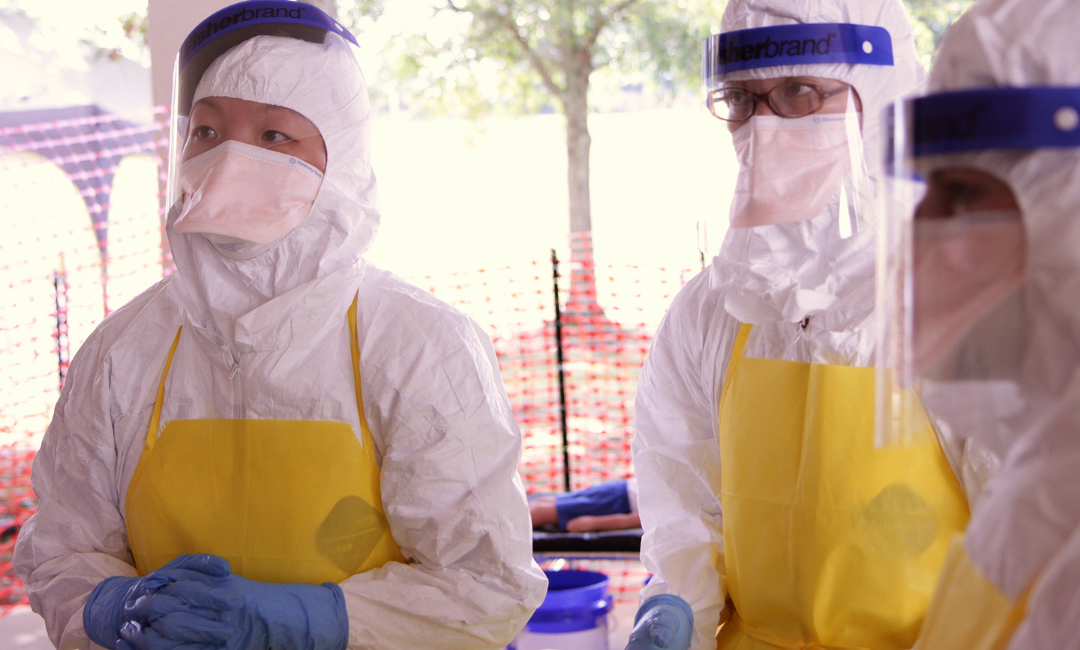CBT for Breast Cancer Survivors
Hall conducted anxiety screenings on breast cancer survivors using the GAD-7, a scoring guide for general anxiety disorder. Anyone whose results “indicated the presence of mild to severe anxiety” received a booklet about CBT that featured information on meditation, breathing techniques, and other holistic resources, according to UCF.
The American Psychological Association states that CBT treatment focuses on changing behavioral and thinking patterns, including the following strategies:
- Gaining a better understanding of the behavior and motivation of others.
- Using problem-solving skills to cope with difficult situations.
- Using role playing to prepare for potentially problematic interactions with others.
- Learning to calm one’s mind and relax one’s body.
Most patients who received the booklets showed a “statistically significant decrease” in anxiety about one month later.
The project, according to UCF, is the first of its kind to look at the use of CBT in a breast cancer survivorship program. Associate lecturer Jonathan Decker, Hall’s project committee chair, said the project exceeded his expectations.
“When you have anxiety, it can be frustrating and you want tools right then, right now,” Decker said. “Being able to give patients that was huge, and I’m excited about where the next steps of this project could lead.”
Intersection of Mental Health and Breast Cancer
More than 300,000 people were estimated to have been newly diagnosed with breast cancer in the United States, according to 2023 data from the American Cancer Society. Breast cancer also ranked No. 2 for estimated deaths for women, though the mortality rate for females with a breast cancer diagnosis peaked in 1989 and, as of 2000, decreased more than 40%.
Multiple studies have found a high prevalence of depression and anxiety among breast cancer patients — something research organizations and advocacy groups recognize. Breast Cancer Now, for example, provides resources, including information on CBT, to help manage symptoms of either diagnosis.









